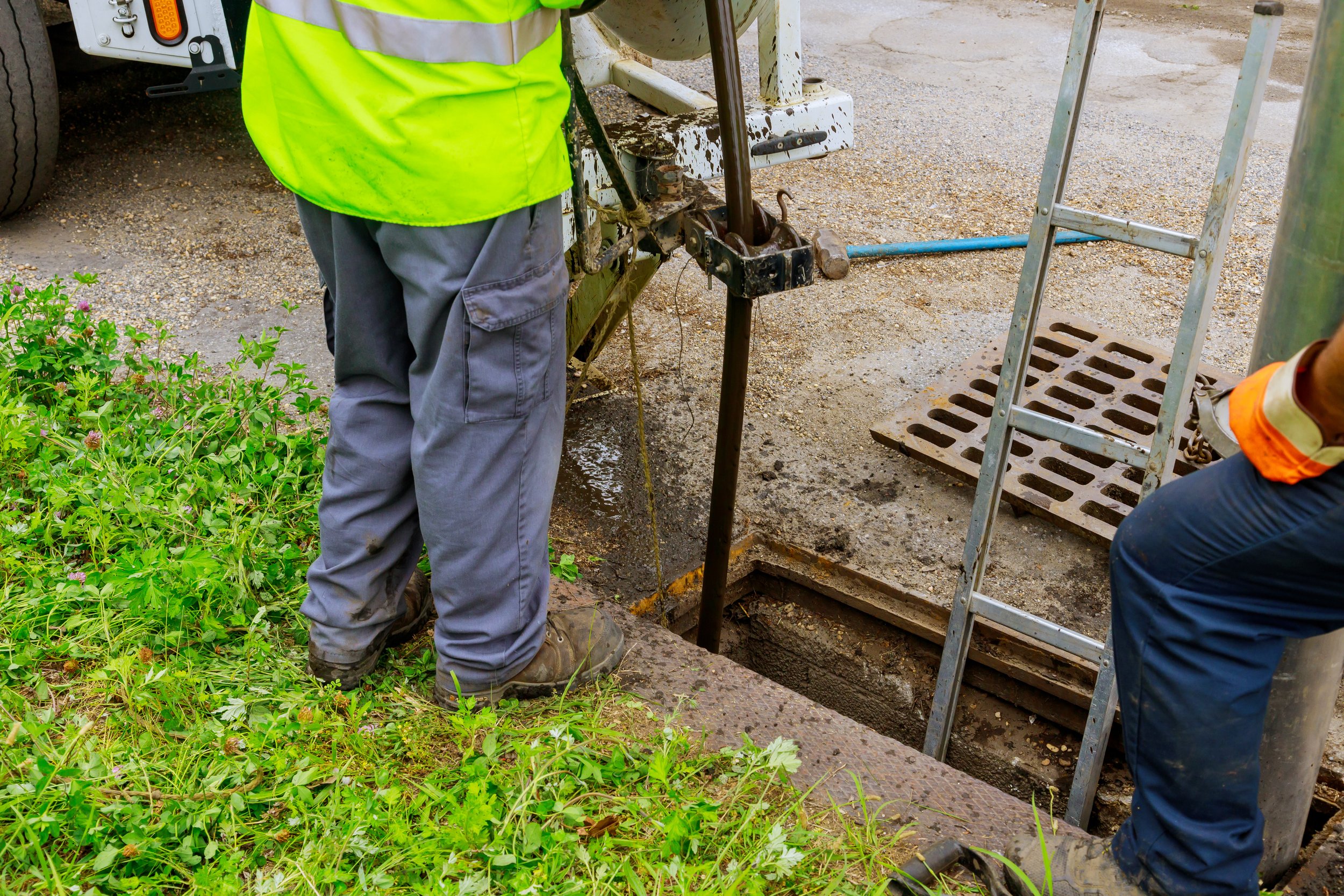UTILITIES
Contrary to the opinion of many residents, Albany Utility rates are among the lowest in the state. Electric and gas rates have not increased since January 2018. 203 Water and sewer rates are increased annually, at a rate not to exceed the consumer price index. 204 The monthly residential charge for water was increased by 5%, effective July 1, 2022, and by 3%, effective July 1, 2023, and is now $12.81. That charge includes the first 3,000 gallons of water. Residential customers pay $2.77 for the next 4,000 gallons, and $2.02 per 1,000 gallons, in excess of 7,000 gallons. The monthly residential charge for sewer was increased by 2.3%, effective July 1, 2020, 5%, effective July 1, 2021, 6.5%, effective July 1, 2022, and 5%, effective July 1, 2023, and is now $12.16. Residential customers pay $3.90 per 1,000 gallons.
A chart, comparing Albany’s average monthly water and sewer bills to those of other cities in Georgia, confirms only Savannah’s combined charges are lower.

The Stormwater Enterprise Fund was established in November 2013, with the first fees paid the following April. 206 The fee, which is mandated by the EPD, is generated to provide funds for the maintenance and improvement of the stormwater system. The initial fee, which was $2.50 a month, 207 was increased from $4.82 in FY 21 to $6.50, effective July 1, 2021. This increase was adopted to generate adequate revenue for the Stormwater Enterprise Fund, which had operated at a deficit each year since it was established, to become self-sufficient. The Utility Board further agreed to increase the stormwater fee by an additional 25%, over a period of five years. 208 The fee is currently $7.20 per month.
Utility bills represent an inordinate percentage of the household financial obligations of many, if not most, of the city’s residents living at or below the poverty level. The Low Income Energy Assistance Program (LIHEAP) is the primary source of funding for utility assistance available to customers of Albany Utilities. 209 The Utility Board funds the Hope Program, which also provides utility assistance. Funding for that program was recently increased from $70,000 per year to $150,000 per year.
The Utility Board also has two programs to assist eligible customers in reducing their energy consumption. The Weatherization Program provides grants of up to $6,500, with the funds paid to an outside contractor who performs renovations or other improvements recommended by the city’s Energy Conservation Auditor. The scope of work may include replacing a water heater, sealing doors and/or windows, installing new windows, cleaning ductwork, and changing filters. Applicants must be 62 or older and own their own home. Funding for the Weatherization Program was increased to $150,000 for FY 24, and staff expects to provide grants to 20-25 senior citizens over the course of the fiscal year.
The Utility Board adopted the Energy Conservation Loan Program in January 2021. This program originally provided no-interest loans of up to $7,500, which could be repaid over 60 months. The maximum loan amount was increased to $10,000 and the repayment term was extended to 90 months in January 2023. The Utility Board recently allocated an additional $200,000 to this program, as the initial $250,000 allocation has been expended.
The city continued to collect residential garbage, from the approximately 10,000 customers living east of Slappey Blvd., after contracting with Halling-Refuse in 1990 to collect household garbage from residents living west of Slappey Blvd. 210 Concrete Enterprises was awarded the contract to collect garbage from the approximately 11,500 residences west of Slappey Blvd. in 2020, 211 following which the company “bought all new equipment, from barrels to the trucks”. Concrete Enterprises was paid $3.27 million for the first year, and the contract is renewable annually for up to four years. 212
The Utility Board recommended that the city consider outsourcing the residential accounts west of Slappey Blvd. in December 2020, after being notified of the costs of purchasing new trucks and equipment. 213 The commission awarded Concrete Enterprises a contract to collect all residential garbage in the city in 2021. Employees in the Solid Waste Division of the Public Works Department were offered the option of working with Concrete Enterprises or transferring to another position in the department. 214 The annual payment to Concrete Enterprises was increased by $3.8 million.

